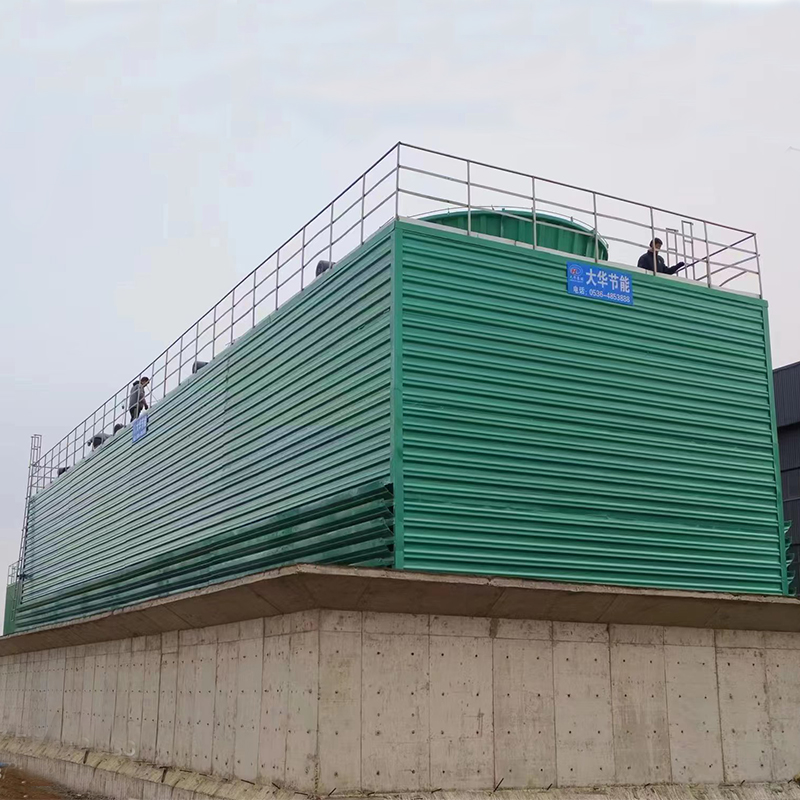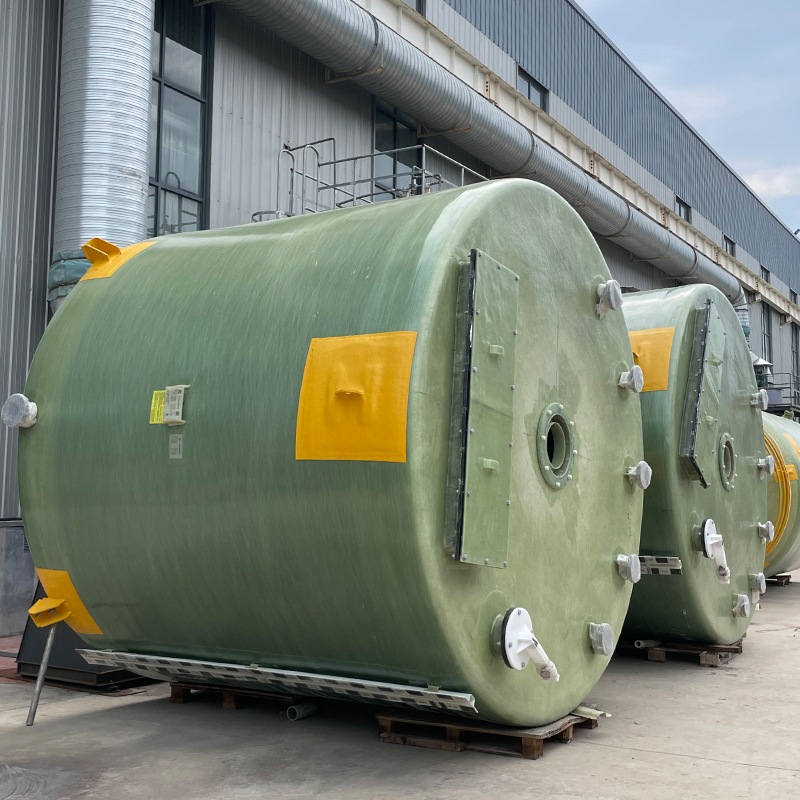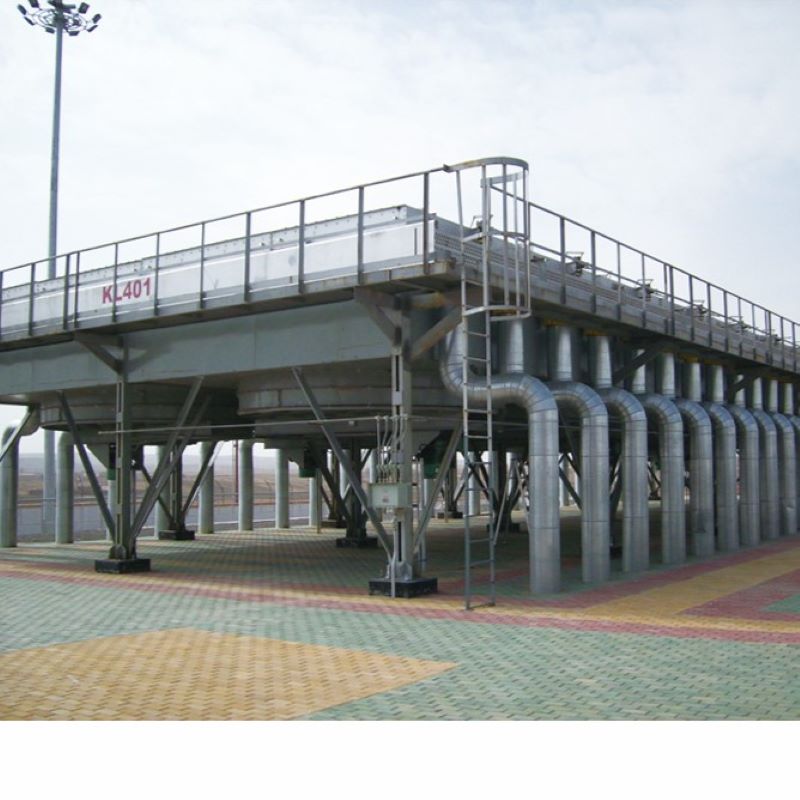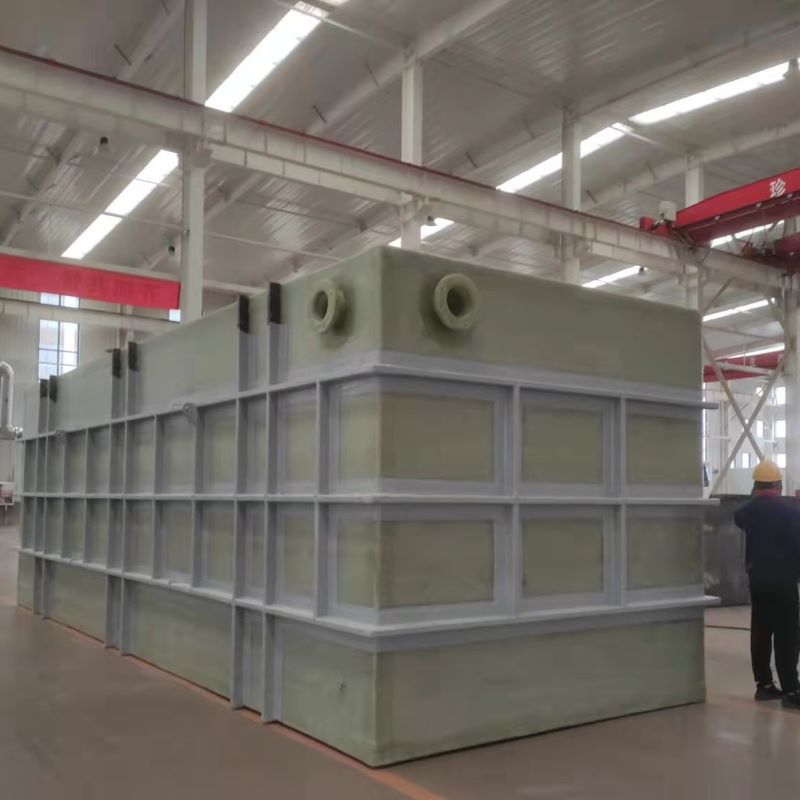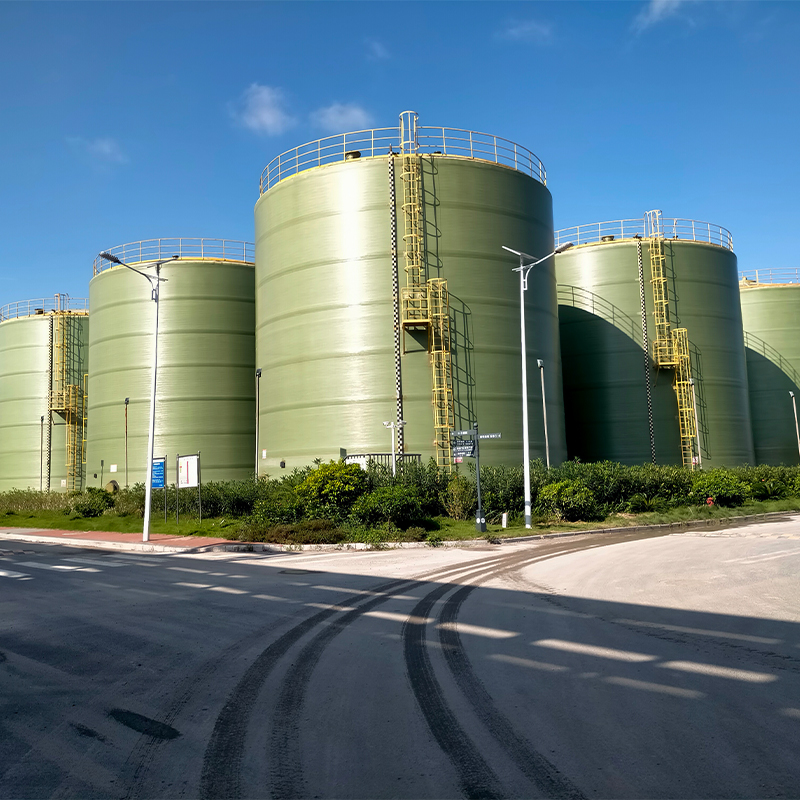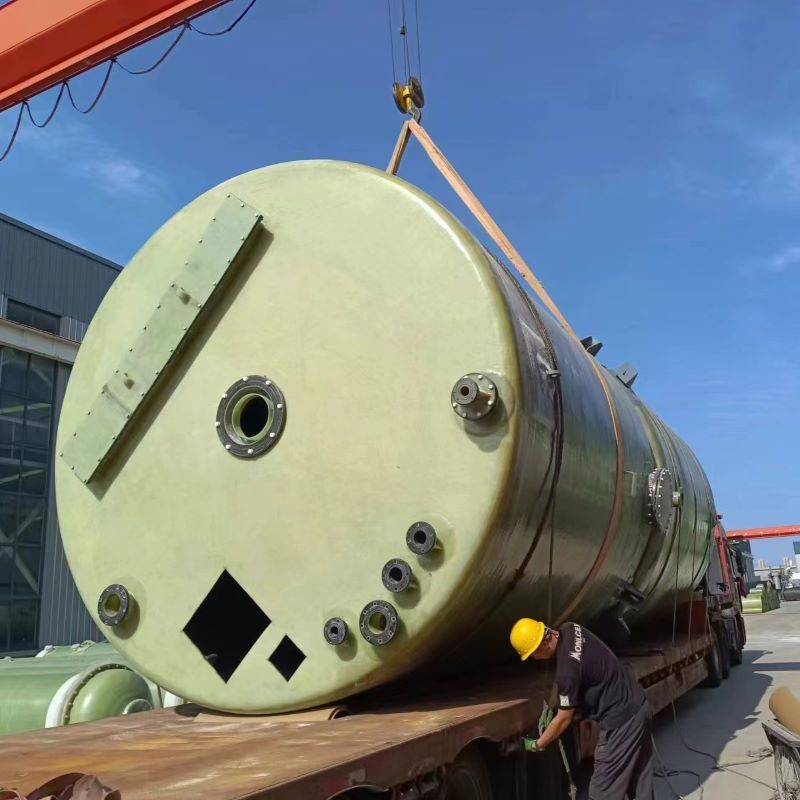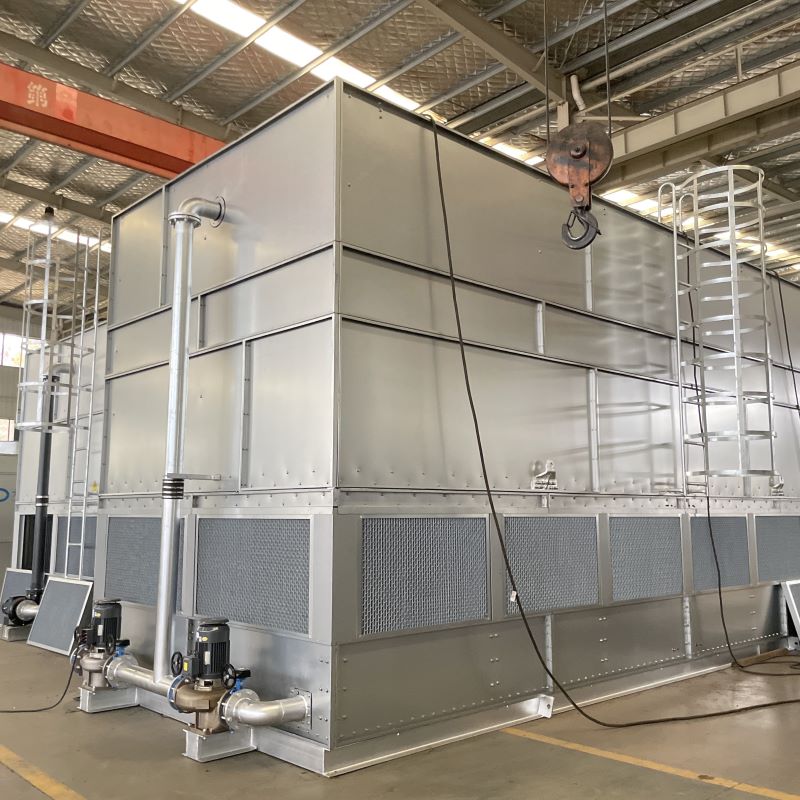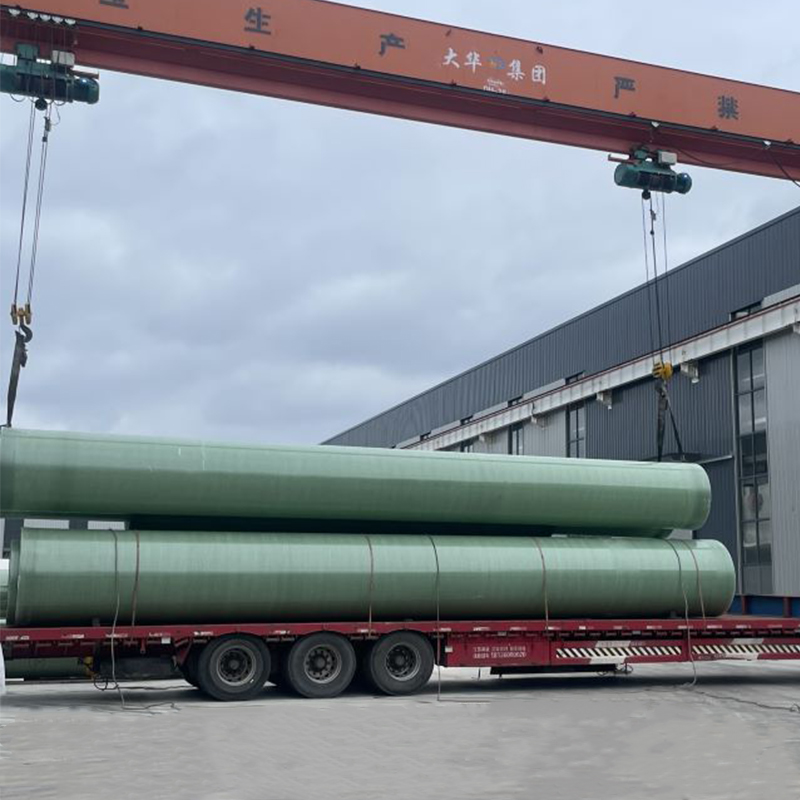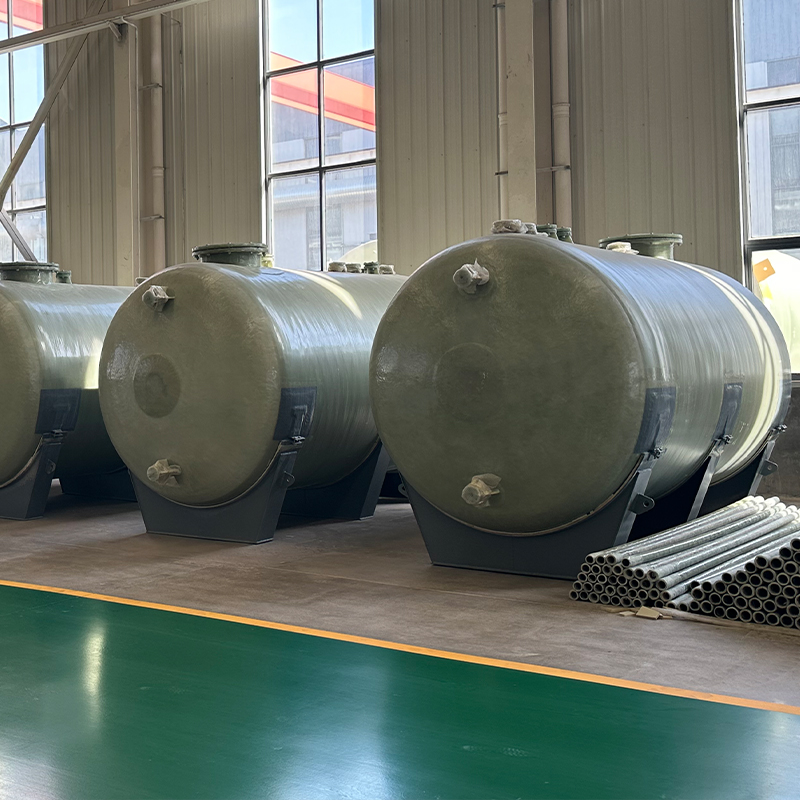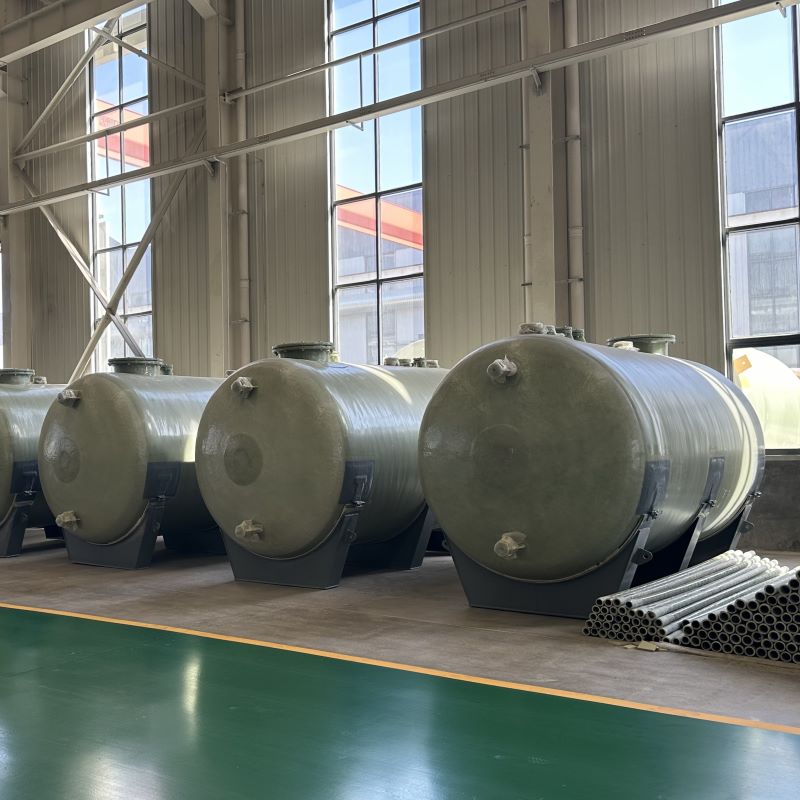
China Collection Tube Producer
Understanding China's Collection Tube Production Industry
Navigating the world of medical supplies can be daunting, especially when considering China Collection Tube Producer as a focal point. Often, misconceptions about quality or production capabilities cloud judgments. Based on several years of dealing with various producers and firsthand experiences in QA processes, this industry reveals some insightful nuances.
Setting the Scene
When people think of Chinese manufacturing, there's a tendency to generalize. The stereotype that quality takes a backseat to quantity isn't always accurate. In the realm of medical supplies, specifically collection tubes, precision and reliability are non-negotiable. The demand for stringent compliance with international standards pushes producers to prioritize quality.
I've seen collaborations with Chinese manufacturers often start with skepticism. Yet, the adaptability and willingness to customize products set them apart. Consider a time when a project required a specific anticoagulant in the tubes. Not only did the producer accommodate this niche requirement, but they also optimized the production line to maintain consistent quality across thousands of units.
On the flip side, entering these partnerships demands thoughtful negotiation. Understanding local business practices and establishing clear communication channels is crucial. The real-world implication of this? Reduced lead times and products that meet specification benchmarks without surprises.
Quality Assurance in Focus
Quality assurance is a cornerstone of this industry, especially with medical devices like collection tubes. A common question is about the validity of QC processes in China. With a personal stake in these concerns, I've witnessed how producers incorporate advanced technologies for testing.
Take automated measuring systems, for instance. These systems enhance the accuracy of tube dimensions, essential for correct sample volumes. Working with a China Collection Tube Producer revealed how robust their QC apparatus can be. Frequent audits and third-party inspections ensure that manufacturing protocols align with international expectations.
However, it isn't without challenges. Calibration errors during production trials taught me the importance of closely monitoring these systems. A one-off mistake can spiral, but addressing these issues proactively — sometimes through onsite visits — strengthens the trust and efficacy of these partnerships.
Innovation Drives the Industry
Innovation is often overlooked when discussing established medical supplies, yet it's very much a part of this industry. A producer keen on maintaining a competitive edge invests heavily in R&D, which is evident in the shift towards more sustainable materials and improved designs.
There's a particular case where bio-degradable plastics were introduced in the production of tubes. This move wasn't just about environmental compliance; it was a strategic decision reflecting the growing emphasis on eco-friendly practices globally. The trial phases were intense, requiring cooperation from the supplier and client end to finalize the formula.
Experiencing this evolution firsthand illustrates the dynamic nature of the sector. It's a testament to how traditional industries can — and do — embrace change, paving the way for broader acceptance and success in international markets.
Cost-Effective Strategies
The question around cost-efficiency is ubiquitous. While there's a perception that lower costs mean cutting corners, it's not necessarily the case in this industry. I've observed producers using economies of scale to bring prices down without sacrificing quality.
There was an instance where optimizing supply chains drastically reduced overheads. Instead of sourcing materials from multiple providers, consolidating through a select few ensured better pricing and uniform quality. This strategic procurement is a hallmark of a savvy China Collection Tube Producer.
Logistics too play a crucial role. Aligning production cycles with transportation schedules minimized delays and storage needs. It's a delicate balance, but one that significantly impacts the bottom line for suppliers and clients alike.
Finding the Right Partner
Selecting a reliable partner in China requires due diligence. Beyond certifications and compliance records, the real proof is in visiting facilities and engaging with management teams. Transparency during visits speaks volumes about a company’s operational ethos.
During a tour of https://www.sddahuagroup.com, it was apparent that the commitment to excellence isn't just lip service. Observing the precision in handling materials and the rigor in testing processes convinced me of their capability as a leading China Collection Tube Producer.
In the end, it boils down to mutual respect and clear objectives. Such relationships aren't merely transactional; they're collaborative ventures aimed at innovation, reliability, and shared success in a highly competitive market.
Соответствующая продукция
Соответствующая продукция
Самые продаваемые продукты
Самые продаваемые продуктыСвязанный поиск
Связанный поиск- high quality Evaporative Water Cooler product
- OEM Closed-Circuit Tower price
- OEM best evaporative cooler
- high quality FRP Chimney Pricing supplier
- FRP Storage Tank factory
- OEM PP Scrubber Tower Manufacturer
- Best Shandong Mannheim Potassium Sulfate price
- OEM updraft evaporative cooler product
- Best Condenser supplier
- OEM Vertical FRP Storage Tank Equipment price



